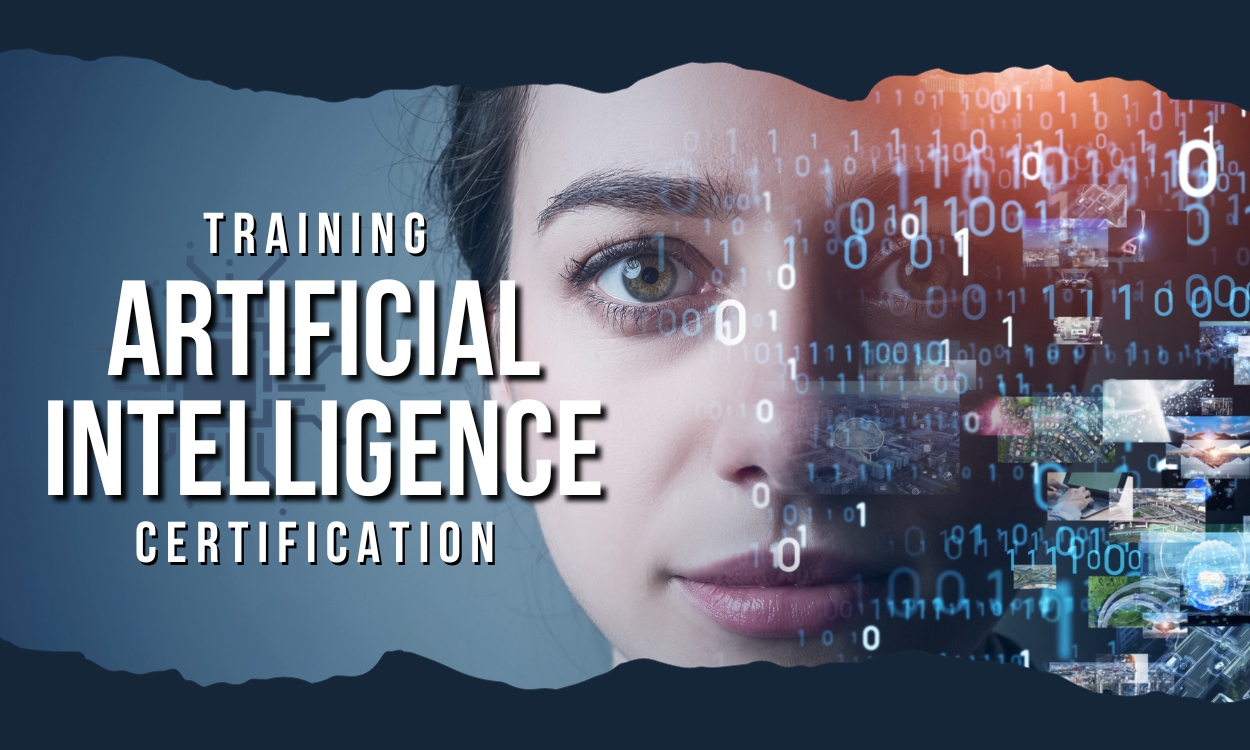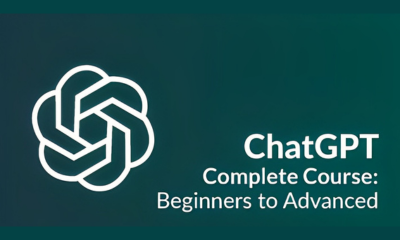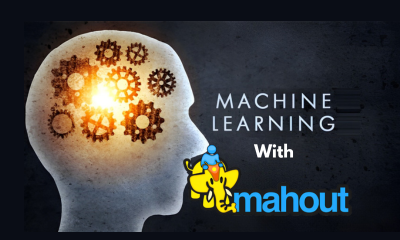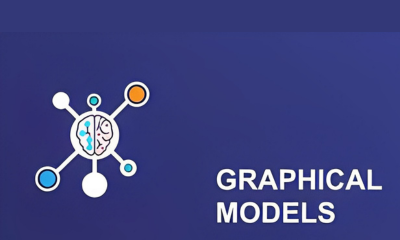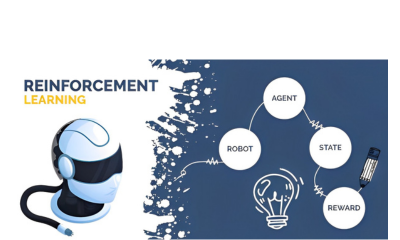The Advanced Artificial Intelligence Course from EduCerts teaches you the fundamentals of text processing and text classification as well as significant ideas like tokenization, stemming, lemmatization, POS tagging, and many others. You will learn how to use the most recent TensorFlow 2.0 package in Python to implement well-known algorithms like CNN, RCNN, RNN, LSTM, and RBM. You will also learn how to perform image pre-processing, image classification, transfer learning, object detection, and computer vision. In order to meet the most recent industry demands and requirements, this course was carefully selected by industry experts after extensive research. Join the global revolution now to unleash the power of artificial intelligence and advance your career.
Why This Course
Every sector of the economy is being shaped by AI, which will continue to lead technological innovation for the foreseeable future.
The size of the global AI market, estimated at USD 136.55 billion in 2022, is predicted to increase to USD 1,597.1 billion by 2030, with a CAGR of 37.3% from 2023 to 2030.
According to salary.com, the base pay for a Lead AI Engineer is between 157,302 and 191,127 USD, with an average base pay of 170,265.

